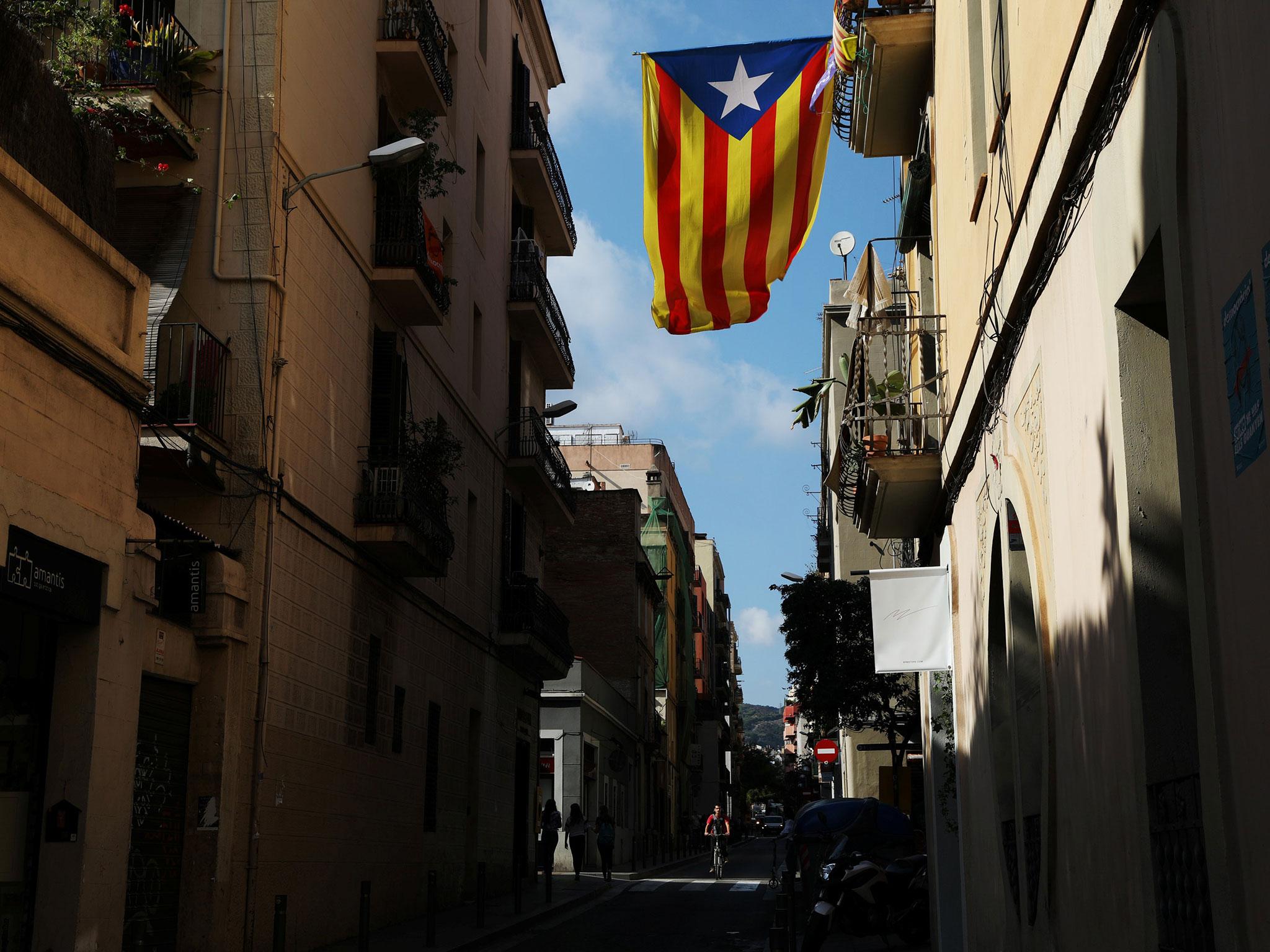We shouldn't blindly support independence for Catalonia – here's why
Independence is something we Brits should celebrate, right? It’s a triumph for democracy! And this is where I start feeling pretty awkward as I’m not sure that we’ve really thought this through

The scenes from Catalonia when it voted for independence were undeniably horrifying. Seeing the strong arm of the Spanish state seize ballot boxes was an ugly sight – especially in a functioning western democracy.
What was strange though was just how quickly a consensus appeared among British onlookers on social media – who until that Sunday appeared to have scarcely expressed an interest in the debate there. Following the awful scenes, everyone, it appeared, supported independence.
This week, following the vote, a declaration of independence has been signed by regional leaders. Though the Catalonian government now says that it will first attempt a negotiated settlement with Spain, it seems there is only one outcome: independence. And this is something we Brits should celebrate, right? It’s a triumph for democracy!
And this is where I start feeling pretty awkward as I’m not sure that we’ve really thought this through.
Since the end of World War II, there has been a taboo on redrawing Europe’s borders for obvious reasons: nobody wants to go back to a continent plagued by disputes about where the lines should be drawn. For the past 70 years, every European country has agreed for the greater good not to seriously contest this – with only a handful of relatively minor exceptions.
It’s easy to see why too: because one region declaring independence could lend legitimacy to the claims of other secessionist movements.
What about Scotland, for example? Unsurprisingly following the vote, The National newspaper, which supports independence, had a front page celebrating events in Catalonia – complete with Catalonian flag in the masthead.
Okay, so you might not worry about Scotland – it is pursuing independence by peaceful means that have been legitimated by the “parent” country, but what about other countries and regions with arguably trickier circumstances? What about the long history of demands for Spain’s Basque region to become independent? Could it restart the violent separatist movement there? And what about the push for Kurdish independence? Conceivably it might be a good idea, but it could equally further inflame an already difficult situation in the Middle East.
And what if – for example – seeing the Catalonia precedent, a Russian speaking region of Latvia was to suddenly demand its independence, with all of the geopolitical baggage that would entail?
It also goes without saying that in situations where there is a secessionist movement, it is rarely universally supported. Look at Northern Ireland, Bosnia, Cyprus and countless others – if we let the secessionist genie out of the bottle, it could be a recipe for igniting – or reigniting – dozens of potentially violent conflicts around the world.
This might sound like a “slippery slope” argument – and an argument in hypotheticals, but a precedent like this has already caused international grief.
One of the few exceptions to the border taboo described above is Kosovo. In 2008, the country, which used to be a part of Serbia made a unilateral declaration of independence (just as Catalonia is threatening to do). Since, it has been cited by other secessionist movements as evidence of their legitimacy. When Crimea declared independence from Ukraine, it literally cited the Kosovo precedent in its declaration of independence.
While it is hard to not be sympathetic to Kosovo declaring independence (it was in response to a potential genocide) – what’s clear is that there can be second-order consequences to events in the international system.
To be clear, despite the above I’m not opposed to Catalonia becoming independent in principle – nor Kosovo, or even Crimea. In isolation, these may or may not be good outcomes. Independence for a given region could be the best outcome for that specific circumstance and there could be good reasons to break the no-border-redrawing taboo.
In my hopefully uncontroversial view though, responding to a genocide is certainly a more valid reason to break the taboo than the lesser grievances held by Catalonia (and indeed Scotland).
Essentially then what worries me is that we don’t appreciate enough just how precarious global stability is.
For 70 years, we’ve experienced peace in most of Europe, and most people alive today are no doubt conditioned to think that this stability in the international system is the default state of being. But the reality is that our relatively peaceful continent is only that way because everyone has broadly accepted the same rules and taboos.
If we really want to start redrawing borders, are we sure that we’re willing to open the Pandora’s box that goes with it? Let’s make sure we think through all of the consequences first, before throwing our uncritical support behind every seemingly benign secessionist cause.
James O’Malley tweets as @Psythor


Join our commenting forum
Join thought-provoking conversations, follow other Independent readers and see their replies